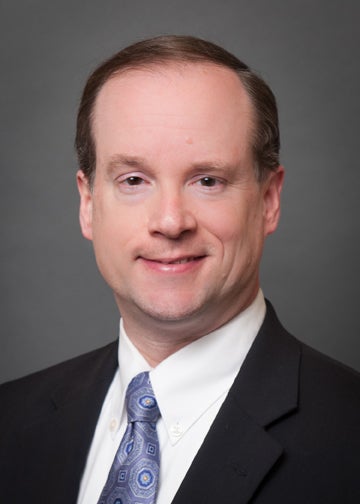JOHN HOOD COLUMN: Disappointing primaries lacked substance
RALEIGH — Party nominations for North Carolina’s 2024 elections are, for the most part, decided. Just four races remain to be settled in runoffs on May 14. So, would you say you’re generally satisfied or dissatisfied with our primaries this year?

John Hood
Here’s my answer to the question: I’m deeply disappointed. It’s not that all the candidates I favored lost their primaries. Many of my picks were, in fact, successful. My principal concern about the 2024 cycle so far is its remarkable — and dangerous — lack of substance.
I don’t expect campaigns for county commissioner, state legislature, Congress or president to consist of Socratic dialogues or PowerPoint presentations. Resumes matter. Personalities matter. Rapport with average voters matters. And as long as politicians have competed for power, they’ve slung mud. Ancient Greek and Roman orators used to call each other the foulest of names.
But as I watched our political primaries unfold this year, I was struck by the shallowness of the discourse about such momentous issues as learning losses during COVID, deadly wars in the Middle East and Ukraine, and, especially, the fiscal recklessness of the federal government.
After decades of largely theoretical debates about the federal debt, Americans are rapidly approaching the moment in which massive federal deficits will trigger a series of painful decisions. There will be automatic cuts to Social Security and Medicare benefits. Or Congress will enact massive tax increases. Or the Federal Reserve will attempt to monetize the debt, fueling new and devastating rounds of inflation.
Paul Winfree, a former White House aide who now runs the Economic Policy Innovation Center, puts the matter starkly in a new report. Over the next 15 years, he writes, scheduled federal deficits will largely exhaust America’s “fiscal space” — our capacity to finance public debt without great economic harm.
Politicians of all stripes offer stock “answers” to this problem that no longer make any sense, if they ever did. For example, while faster economic growth would make it easier to accommodate future borrowing, we cannot simply grow our way out of the federal debt. It’s too big. Washington will have to spend a lot less than currently projected, particularly on health programs, to bring the budget anywhere close to balance.
Nor is it possible to make much a dent in the problem by taxing the wealthy more. Federal deficits are running about 6% of the gross domestic product and will rise to 10% by mid-century. According to Manhattan Institute fiscal analyst Brian Riedl, hiking taxes on wealthy Americans — those earning in excess of $400,000 annually, let’s say — can increase federal revenue no more than 2% of GDP, and probably closer to 1% using realistic expectations.
“Most of America’s income is earned by the non-wealthy,” Riedl wrote, “and, like Scandinavia and most of Europe, the U.S. will need to tax those families considerably to meet any ambitious revenue needs.”
Although candidates for federal office have the greatest responsibility to explain how they’d tackle the problem — a responsibility that, with few exceptions, they’ve shirked — even candidates for state and local office in North Carolina aren’t really off the hook. Federal aid (which you can properly think of as federal borrowing) currently finances nearly as much of the state budget as state taxes do. It also makes up a sizable share of local budgets.
What happens if (or, more likely, when) future presidents and Congresses opt to close federal deficits in part by cutting back on aid to states and localities? For example, North Carolina just expanded our Medicaid program under the terms of the Affordable Care Act, which reimburses previously ineligible people — mostly childless, able bodied adults — at a much higher rate than, say, poor children or the severely disabled.
It is very likely that future federal policymakers will resolve this bizarre disparity by slashing federal funds for Medicaid. How will North Carolina policymakers make up the difference?
I wish these and other weighty issues had been front and center during the primaries. They weren’t.
John Hood is a John Locke Foundation board member.

